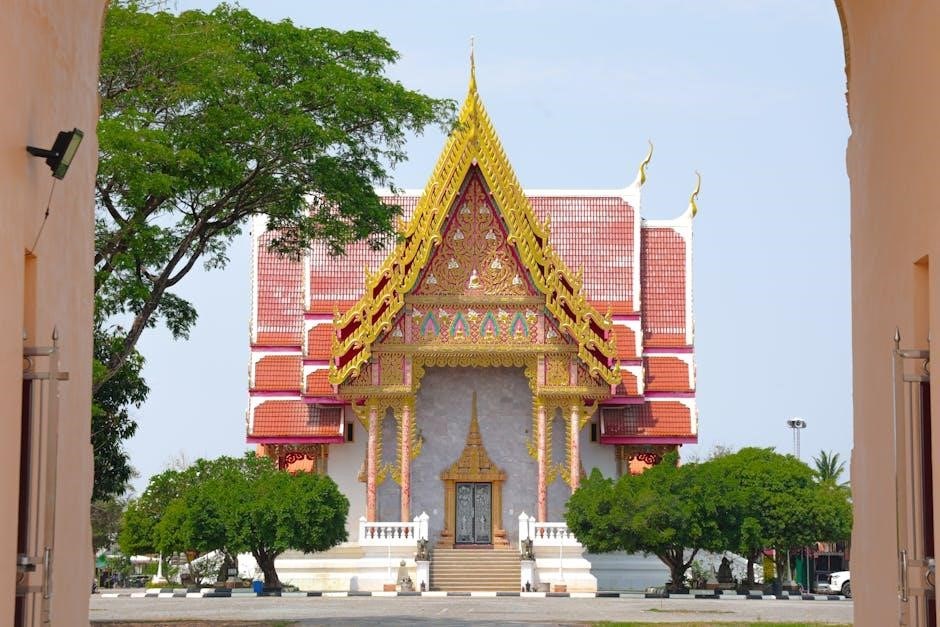Thailand’s sex culture is a vibrant yet complex aspect of its society, blending traditional Buddhist values with modern liberalism, evident in its thriving nightlife and sex tourism industry.
1.1 Overview of Sexual Attitudes in Thailand
Sexual attitudes in Thailand reflect a blend of traditional Buddhist values and modern liberalism, creating a unique cultural dynamic. While conservative norms persist, urban areas embrace greater openness, particularly in nightlife and relationships. The societal acceptance of Thailand’s sex industry highlights this duality, where sex work coexists with deeply rooted religious and familial values, shaping a complex landscape of sexual expression and societal norms.
1.2 Historical Context of Sexuality in Thai Society
Thai society’s sexual norms have historically been shaped by Buddhist teachings, emphasizing modesty and restraint. However, the 20th century saw a shift with the rise of a thriving sex industry, influenced by tourism and economic demand. This duality reflects a cultural evolution where traditional values coexist with modern practices, creating a complex historical backdrop for Thailand’s contemporary sexual landscape and attitudes.

Legal Framework and Sex Work Regulations
Thailand’s legal framework prohibits sex work, yet it is widely tolerated and regulated through informal systems. Authorities often turn a blind eye, allowing brothels to operate under strict oversight.
2.1 Legal Status of Sex Work in Thailand
Sex work in Thailand is technically illegal under laws that prohibit prostitution, yet it is widely tolerated and operates in a legal grey area. Despite the illegality, the industry thrives due to societal acceptance and lax enforcement. Many sex workers operate in massage parlors, bars, and entertainment venues, often with implicit permission from local authorities. This paradox reflects a complex interplay of law, culture, and economic realities.
2.2 Prostitution Laws and Their Enforcement
Prostitution is illegal in Thailand under the Prostitution Prevention and Suppression Act, but enforcement is inconsistent. Authorities often turn a blind eye to the sex industry, and brothels operate openly in tourist areas. Raids occur sporadically, often targeting street workers or venues catering to locals, while high-end establishments remain untouched. Corruption and bribes further complicate enforcement, allowing the industry to persist despite legal prohibitions.
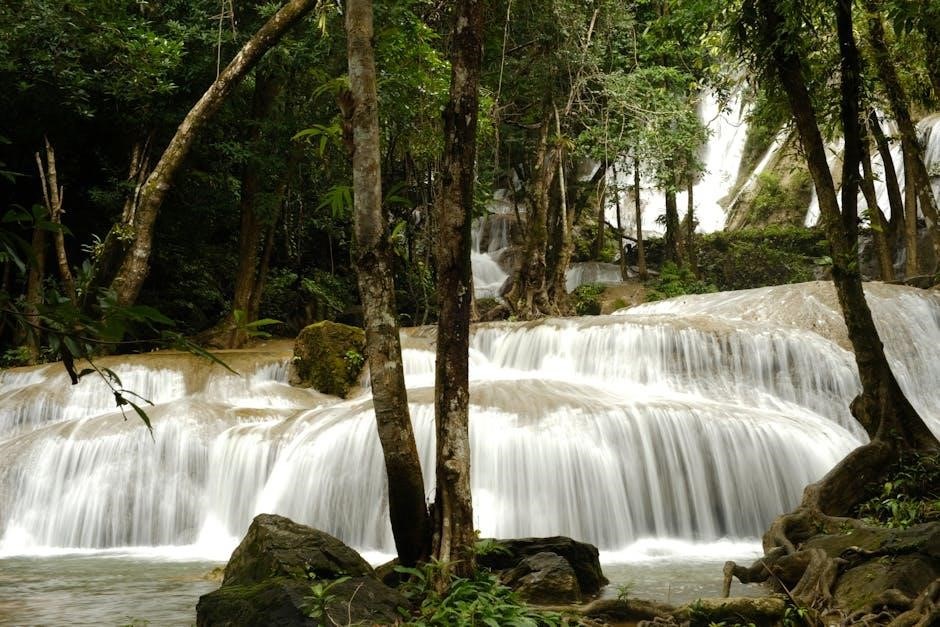
Health and Safety in Thailand’s Sex Industry
Sex workers in Thailand often face challenges accessing consistent healthcare and safety measures. Clinics and NGOs provide STI screenings and contraceptives, but stigma and irregular enforcement hinder comprehensive protection.
3.1 Common Health Practices Among Sex Workers
Sex workers in Thailand often engage in regular STI testing and contraceptive use to maintain health. Many access clinics offering free or low-cost services, though stigma and fear of discrimination can hinder consistent care. HIV prevention is a focus, with NGOs providing education and resources. Despite challenges, awareness of health practices has improved, though barriers like irregular enforcement of safety measures persist.
3.2 Access to Sexual Health Services
Access to sexual health services in Thailand varies, with urban areas offering more resources. NGOs and health clinics provide free or low-cost STI testing, contraception, and HIV prevention. Sex workers often rely on these services, but barriers like stigma, discrimination, and geographic limitations persist. Despite challenges, organizations like the Rainbow Sky Association work to improve access and promote sexual health education among vulnerable populations.
Sex Tourism in Thailand
Thailand’s sex tourism thrives in cities like Bangkok, Phuket, and Pattaya, attracting global visitors with its nightlife and entertainment, raising economic and ethical debates.
4.1 Destinations Known for Sex Tourism
Bangkok, Phuket, and Pattaya are Thailand’s top sex tourism spots. Bangkok’s Khao San Road and Patpong are famous for nightlife. Phuket’s Bangla Road and Pattaya’s Walking Street attract global visitors. These destinations blend entertainment with cultural experiences, boosting local economies. They cater to diverse preferences, drawing millions annually, making Thailand a global sex tourism hub.
4.2 Impact of Tourism on Local Sex Industry

Tourism significantly influences Thailand’s sex industry, boosting its economy through increased demand. It creates jobs and generates revenue, benefiting bars, clubs, and related businesses. However, it also raises concerns about exploitation and ethical issues. The influx of tourists shapes the industry’s practices and perceptions, blending cultural norms with external influences, creating a complex dynamic that both sustains and challenges local communities.
LGBTQ+ Sexuality and Rights in Thailand
Thailand’s LGBTQ+ community experiences a mix of social acceptance and legal challenges, with vibrant cultural expression coexisting alongside limited rights and societal stigma.
5.1 Legal Recognition of LGBTQ+ Relationships
Thailand has made progress in recognizing LGBTQ+ relationships, with civil unions offering some legal rights, though full marriage equality remains elusive. Legal gender recognition for transgender individuals is possible but involves complex procedures. Despite these advancements, significant legal barriers persist, reflecting ongoing societal attitudes toward LGBTQ+ rights in Thailand.
5.2 Social Perceptions of LGBTQ+ Communities
Thailand’s LGBTQ+ community faces mixed social perceptions, with acceptance in urban and tourist areas contrasting with conservative views in rural regions. While nightlife and sex tourism present openness, traditional Buddhist values and cultural norms often stigmatize non-heterosexual identities. Despite progress, societal attitudes remain divided, influencing the visibility and rights of LGBTQ+ individuals in Thai society.
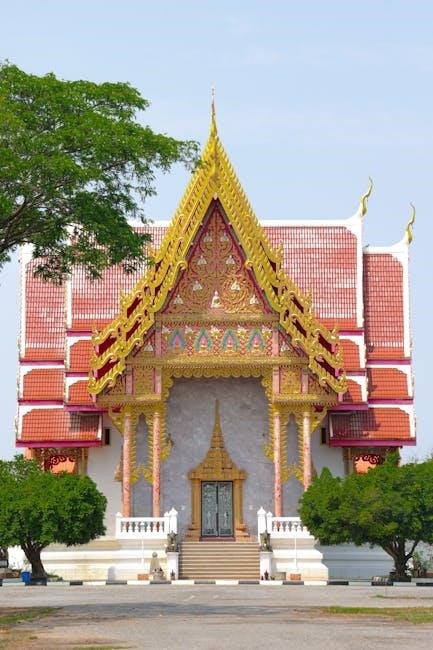
Sexual Education and Awareness
Thailand’s sexual education often lacks depth, with limited school programs and cultural taboos hindering open discussions, despite growing awareness campaigns addressing health and consent issues.
6.1 Sexual Education in Thai Schools
Sexual education in Thai schools remains limited, with many programs avoiding topics like contraception and LGBTQ+ issues due to cultural and religious influences. Traditional Buddhist values often restrict open discussions about sexuality, leaving students with gaps in knowledge. Efforts to modernize curricula are underway, but progress is slow, and many young people rely on unreliable sources for information.
6;2 Public Awareness Campaigns on Sexual Health
Public awareness campaigns in Thailand focus on promoting sexual health through education and prevention. NGOs and government initiatives often collaborate to address HIV/AIDS, STIs, and unintended pregnancies. Campaigns utilize media, schools, and community events to reach diverse audiences. Despite challenges like cultural taboos, these efforts aim to reduce stigma and improve access to sexual health resources nationwide.
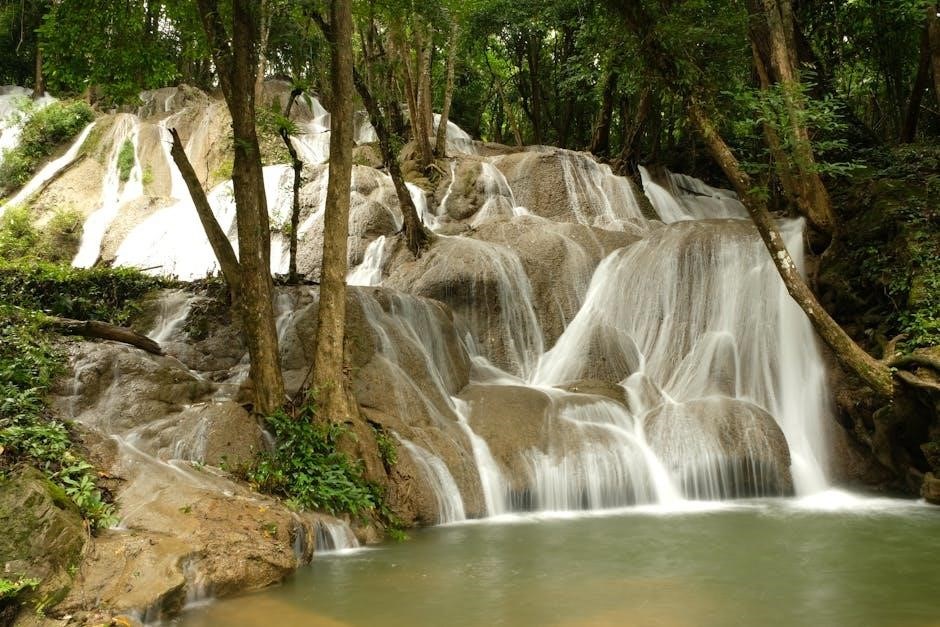
Role of Technology in Thailand’s Sex Industry
Technology has transformed Thailand’s sex industry by modernizing how services are marketed, clients are engaged, and safety is maintained, ensuring accessibility and discretion for all parties involved.
7.1 Online Platforms for Sex Work
Online platforms have revolutionized Thailand’s sex industry, offering discretion and accessibility. Websites and apps enable sex workers to advertise services, connect with clients, and manage bookings efficiently. Social media platforms and encrypted messaging apps are widely used to maintain privacy and reach a broader audience. This digital shift has transformed how the industry operates, balancing convenience with ongoing legal and safety challenges.
7.2 Use of Dating Apps in Thailand
Dating apps like Tinder, Bumble, and local platforms are increasingly popular in Thailand, especially among younger generations. They offer a modern way to connect for casual dating or serious relationships. Cultural norms around discretion and anonymity are influencing their use, with many users seeking privacy. These apps have also become spaces for LGBTQ+ communities to express themselves freely, reflecting broader shifts in societal attitudes toward sexuality and relationships in Thailand.
Social Stigmas and Taboos
Thailand’s conservative Buddhist roots create a complex interplay between societal expectations and modern sexual openness, with discretion often expected to maintain cultural harmony and avoid judgment.
8.1 Societal Attitudes Toward Pre-Marital Sex
Thai society traditionally views pre-marital sex as taboo, influenced by Buddhist teachings emphasizing modesty. However, urban youth increasingly embrace liberal attitudes, especially in cities like Bangkok, reflecting global trends. Gender double standards persist, with men often judged less harshly than women for the same behavior, highlighting ongoing societal contradictions and evolving norms.
8.2 Taboos Surrounding Sexual Orientation
Despite growing acceptance, taboos around sexual orientation persist in Thailand, particularly in rural areas. Traditional Buddhist values often stigmatize non-heterosexual relationships, though urban centers like Bangkok showcase a more progressive attitude. LGBTQ+ individuals face societal judgment, yet Thailand’s visibility of queer culture, especially in tourism, reflects a complex interplay between tradition and modernity, influenced by Western cultural shifts and local activism.

Sex Work and Human Rights
Thailand’s sex industry raises significant human rights concerns, including exploitation, violence, and limited legal protections for workers, despite ongoing efforts to combat trafficking and improve conditions.
9;1 Rights of Sex Workers in Thailand
Sex workers in Thailand face significant challenges in asserting their rights due to the illegal status of their profession. Many experience limited access to healthcare, legal protection, and social services. Despite these barriers, NGOs and advocates are working to improve their conditions and challenge the stigma surrounding sex work, pushing for greater recognition and protection under the law.
9.2 Efforts to Combat Human Trafficking
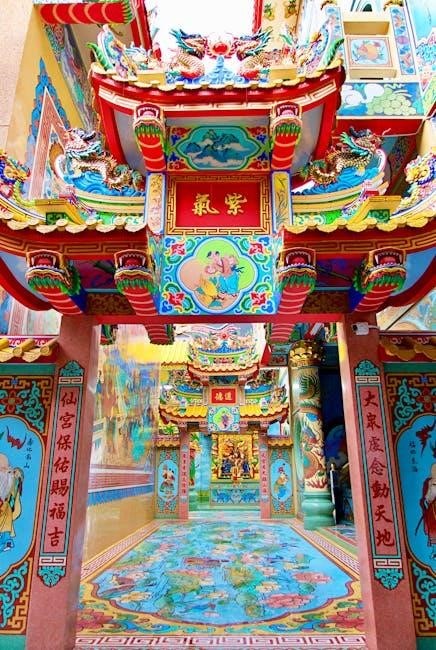
Thailand has implemented various measures to combat human trafficking, including stricter laws and increased enforcement. Collaborations with NGOs and international organizations aim to protect victims and prosecute offenders. Awareness campaigns and support services for survivors are expanding, while raids on illegal establishments continue. Despite progress, challenges remain, particularly in addressing organized crime and corruption that facilitate trafficking activities.
Cultural Influences on Sexuality
Thai sexuality is shaped by Buddhism’s modesty ideals and Western influences promoting liberal attitudes, creating a unique blend of tradition and modernity in sexual expressions and norms.
10.1 Role of Buddhism in Shaping Sexual Norms
Buddhism profoundly influences Thai sexual norms, emphasizing modesty and restraint. The religion discourages pre-marital sex and promotes gender roles, shaping societal attitudes toward sexuality. While strict adherence varies, Buddhist teachings remain central to Thailand’s cultural identity, contrasting with its vibrant sex industry, reflecting a complex interplay between tradition and modernity.
10.2 Influence of Western Culture on Sexual Attitudes
Western culture has significantly influenced Thailand’s sexual attitudes, particularly through globalization and media. Increased exposure to liberal Western norms has led to more open discussions about sexuality, especially among younger generations. This shift is evident in urban areas and tourist hubs, where Western ideals blend with traditional Thai values, creating a dynamic interplay between modernity and cultural conservatism.
Future of Thailand’s Sex Industry
The future of Thailand’s sex industry may see technological advancements, increased safety measures, and shifting global perceptions influencing its evolution and market dynamics.
11.1 Potential Legal Reforms
Thailand may consider legal reforms to decriminalize sex work, enhancing worker rights and public health. Debates center on balancing cultural norms with modern labor protections, potentially leading to regulated industries and safer conditions for workers while addressing human trafficking concerns.
11.2 Impact of Changing Social Norms
Changing social norms in Thailand are gradually influencing attitudes toward sexuality, with younger generations embracing more open discussions about sex. Urban areas, particularly, are seeing increased acceptance of diverse sexual expressions, though rural communities remain conservative. These shifts could lead to more progressive laws and reduced stigma, fostering a more inclusive environment for sexual diversity and expression in the future.
Thailand’s sex culture reflects a unique blend of tradition and modernity, shaped by evolving societal norms and cultural influences, offering insights into its complex and dynamic sexual landscape.
12.1 Summary of Key Points
Thailand’s sex culture is a fascinating blend of traditional Buddhist values and modern influences, with a thriving sex industry shaped by tourism and evolving social norms. Legal frameworks and health practices aim to balance regulation with worker safety, while cultural perceptions and education play roles in shaping attitudes toward sexuality and gender identity, making Thailand a unique case study in sexual liberation and societal change.

12.2 Final Thoughts on Thailand’s Sex Culture
Thailand’s sex culture remains a paradox of tradition and modernity, with its vibrant industry reflecting both cultural openness and underlying societal complexities. While it continues to evolve, the interplay of globalization, shifting values, and legal frameworks will shape its future. Addressing stigma, promoting inclusivity, and ensuring rights for all remain crucial for fostering a more equitable and accepting sexual culture in Thailand.
